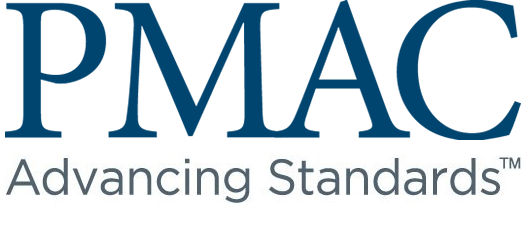Overview
The Portfolio Management Association of Canada (PMAC), through its Industry, Regulation & Tax Committee, is pleased to have the opportunity to provide the Department of Finance Canada (Finance) with comments on the consultation on Strengthening Canada’s Anti-Money Laundering and Anti-Terrorist Financing Regime (the Consultation).
KEY RECOMMENDATIONS
1. Regulation should be principles-based and industry-specific
We are strongly supportive of principles-based regulation that takes into account the type of industry, the type and size of the reporting entity and the particular risks associated with the reporting entity’s activities. Generally, requirements should not be prescriptive; effective AML requires a nuanced approach – there is no “one size fits all”. To the extent possible, regulation should be flexible and adaptable to the particular business model of the reporting entity and its clients. For example, in the context of this Consultation, a prescriptive requirement to determine the source of wealth over a specific monetary threshold would not be practical for securities dealers and would not reduce risk in the vast majority of cases, given the existing thorough know-your-client requirements for the securities industry. PMAC’s 2022 Compliance Benchmarking Survey (which had an over 50% response rate from our 310 member firms) reports that only 1% of firms have reported a suspicious transaction or an attempted suspicious transaction related to the commission or attempted commission of a money laundering offense or a terrorist activity financing offense. The in[1]depth know-your-client requirements that securities dealers are subject to under securities legislation mean that portfolio managers are required to ask about and document a wide range of information about each client, resulting in portfolio managers generally knowing their clients very well. The on-boarding process makes it unlikely that clients would attempt to commit a money-laundering and/or terrorist activity financing offense, or that the activity would not be detected by ongoing monitoring. Moreover, portfolio managers do not directly custody client assets and a comprehensive regulatory regime applies to third party custodians of assets. This illustrates that the risk of money laundering and terrorist financing among our members is extremely low. Reporting and compliance requirements for portfolio managers should reflect this low level of risk.
2. Avoid increased regulatory burden, particularly in regulated industries
Changes to existing AML regulations should be based on data and evidence and should be responsive to specifically identified risks. Regulation should only be imposed where there is a legitimate and pressing concern, and a reasonable prospect that the planned intervention will have the desired effect. In the context of portfolio managers who are already strictly regulated by the various members of the Canadian Securities Administrators, this point is particularly salient. Potential additional regulatory burden on reporting entities should be taken into account and should be avoided or reduced to the extent possible. Regulation should also be phased in over time to allow reporting entities to make the changes, and clear and updated guidance should be provided. In the context of this consultation, our members advised that a PEP and HIO database would be very helpful to them and could potentially reduce regulatory burden. While we generally support the development of a “keep-open” regime, we believe that additional consultation with affected stakeholders should be conducted to determine how the framework could be administered with the least disruption to the reporting entity’s business. The suggestions of (i) a universal reporting entity registration regime, (ii) establishing specific knowledge and competency requirements for the compliance officer, and (iii) mandating a source of wealth determination over a specific monetary threshold are examples of regulation that is likely to increase the compliance burden for our members, without a corresponding public interest benefit.
3. Share information among regulatory bodies and harmonize requirements
In order to develop an efficient, effective and cost-effective anti-money laundering and anti[1]terrorist financing regime, duplication of effort should be avoided. Existing systems should be leveraged to the extent possible, and governments and regulators should cooperate and share information. Potential information gaps among agencies should be identified and closed. Duplication of reporting or other requirements for reporting entities should be avoided. Rules and reporting requirements should be harmonized among agencies provincially and federally, while taking regional differences into account.
Click here to view the full submission.
